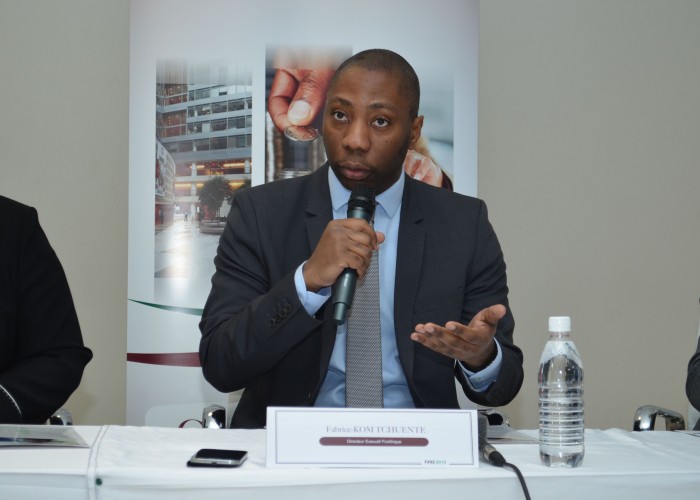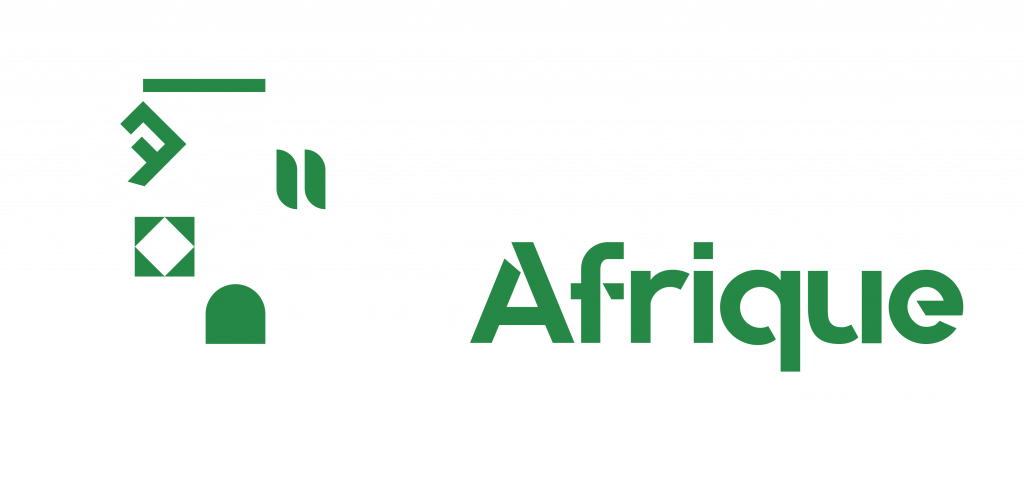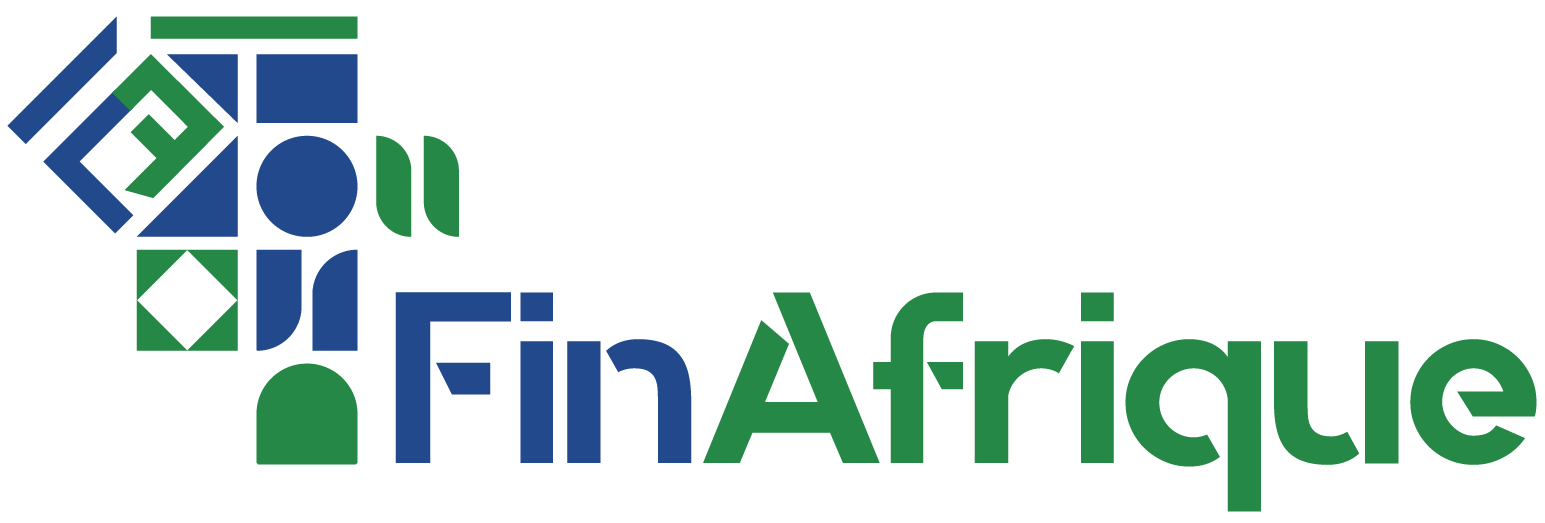Home > Blog > Article
In the Name of Financial Inclusion, Let's Wake Up!
And to think that many of us today affirm that it is difficult to capture the savings of African households.
Every year, numerous conferences are organized with the Bretton Woods Institutions to discuss strategies to implement to improve Financial Inclusion, to enhance Financial Education for African populations. For the past two years, the Central Bank of West African States (BCEAO) has initiated a program to popularize Financial Education and has recently created a Central Department dedicated primarily to Financial Inclusion. Furthermore, several countries such as Cameroon, Senegal, and Togo are working on their own inclusive finance strategies.
All this leads us to think, rightly so, that there is a significant issue of financial inclusion in most Sub-Saharan African countries. This is notably manifested by a lack of financial education among our populations, with the aim of encouraging every individual or household in civil society to save through more formal channels in our economy.

By Fabrice Kom Tchuente, Executive Director of the FinAfrique Firm
What Recent Financial Scandals Teach Us
But then, how can we understand the MonHévéa case in Ivory Coast and more recently, the MIDA phenomenon in Cameroon? And probably other scandals not yet revealed? These organizations that operate on a « Madoffian » logic (Ponzi Scheme) and thereby guarantee returns of 300% to 400% over a few months (and not a few centuries if we are to believe economic laws). Strangely, these institutions have proliferated over the years, with the knowledge of officials and sometimes even through national TV advertisements despite all having economic information services.
There are at least Two things we can gather from these financial scams : firstly, there is Savings, mainly made up of small savings (what we call household savings- accross all segments of the population) in light of the plethora of victims and the significant amounts involved.
And secondly, we are forced to note that these promoters of misfortune have convincing arguments allowing them to capture savings so coveted by our numerous international development programs and which are now escaping local and legal financial institutions.
Leveraging Traditional Administrations
Within the term « Financial Education, » there lies « Education. » Educating also involves Raising Awareness. Clearly, our Leaders, our Officials, some of whom have unwittingly become complicit in these malpractices, also need Financial Education, if only to understand that savings rates beyond 20% to 30% in a year do not exist, let alone rates exceeding 200%, unless we are saving for our great-great-grandchildren. Thus, we hope that in all these well-thought-out Financial Education Strategies, our Treasury officials, accompanied by Bretton Woods Institutions, have planned to Educate both Administrators and the Administered.
Speaking of Administrators, our societies are plagued by paranormal beliefs, which sometimes justify phenomena of currency multiplication. Hence, this sensitization of Administrators should not only be at the civil level (Sub-Prefects, Mayors, etc.) but should also involve Traditional Administrators (Traditional Chiefs, Quarter Chiefs, etc.), who will be the best channels for sensitizing their populations. Our states could even go further by creating postal banking agencies within certain major chieftaincies, thus exploiting the proximity, trust, and humility relationships that exist between villagers and their traditional authorities.
Incorporating Pragmatic Solutions
Our intention with these remarks is not to point an accusing finger at these proactive initiatives aimed at improving the social conditions of our populations. Rather, it’s about the necessity of incorporating the socio-economic and cultural fundamentals that govern our societies into them.
Great reflections are not necessarily the carriers of good proposals. Reflection is useful, but in our contexts, it must be as pragmatic as possible to align with our realities. A National Financial Inclusion/Education Program has an improvement objective set for 5, 10, or 15 years. Pragmatism is also about setting an objective for tomorrow, it’s about how to educate (or through what channels to educate) today ?
- So that tomorrow, the day after tomorrow, when a new malicious initiative arises, it will absolutely not have the same magnitude.
- So that from tomorrow onwards, civil society, but especially the informal sector, can rid themselves of the inferiority complex they harbor towards the bank, due to various reasons : low income, language barrier (for illiterates), etc.
How to understand that these same victims had no difficulty in turning to these organizations with illegal practices to save/invest? The main reason being the promise of these organizations to multiply their money.
Thus, in the future, African bankers should communicate more, to all these small investors, in a language that is appropriate for them, promising them an increase in their savings, in other words, a guaranteed gain (in terms of interest rates). This communication could also be carried out by the states through the technological communication means that 90% of Africans have adopted.
By using Mobile Telephony not only to offer financial services as is the case today (Mobile Banking) but also with the aim of making it a vector for Education/Awareness about Banking and Financial concepts. An education that would be done in writing through regular SMS messages and for illiterates, orally through voice messages in the local dialect.


